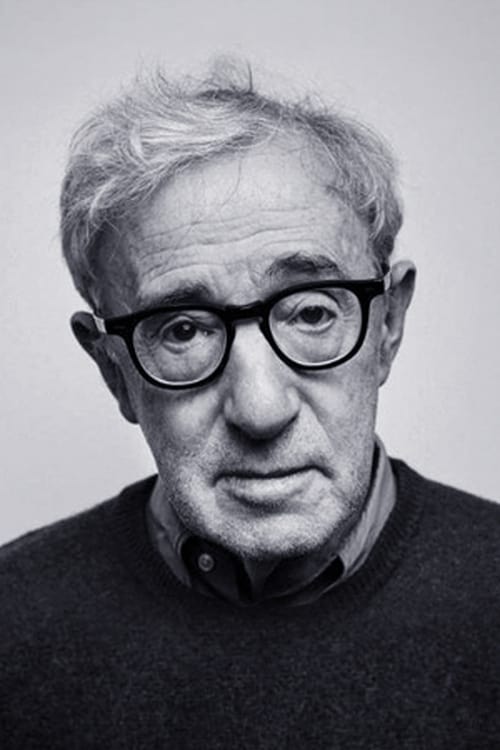Discover
-

Woody Allen
Director -

Jack Rollins
Executive Producer -

Judianna Makovsky
Assistant Costume Designer -

Juliet Taylor
Casting -

Santo Loquasto
Production Design -

Robert Greenhut
Producer -

Steve Saklad
Assistant Art Director -

Thomas A. Reilly
Production Manager
-
 kevin2019
11/22/2024 1:17:20AM
kevin2019
11/22/2024 1:17:20AM
"Radio Days" is packed with gentle and understated comedic flourishes combined with some genuinely arresting moments of tragedy and major life changing global events. However, you could argue Woody Allen is tastefully romanticising such things as the family unit being central to daily life too much. After all, were families ever this much chaotic fun? Was life ever lived this way? Was there ever this degree of togetherness? And if so, then how was it ever lost? And, more importantly, can it ever be regained? In any case, Allen weaves his delightfully entertaining narrative thread through all aspects of radio in his life and the results are absolutely charming and spellbinding and they showcase Allen at his best.
-
 CinemaSerf
5/30/2025 10:36:09AM
CinemaSerf
5/30/2025 10:36:09AM
“Joe” (Seth Green) is reminiscing about his childhood in a New York where he lived with his mum and dad and her extended family in some basic and cramped accommodation - it’s a bit like the “Bucket” household from the world of Roald Dahl, replete with cabbage soup, too. This family, and their neighbours, live their lives according to a pattern of routines. From day to day and week to week, they gossip, eavesdrop, work, sleep and chatter but there is one thing that’s a constant. They all listen to the radio. Music, drama, news, comedy and quizzes. Each of them has their favourite as it facilitates their imaginations in a society where even 15c for a secret ring was beyond their economic means. Woody Allen quite engagingly crafts this drama to pair up the characters on the screen with aspects of the radio broadcasts that provided not just factual realities of life as WWII gradually expanded to include the USA but to the more fanciful lives of those stars whom they enviously saw on the big screen. As he looks back on this time, “Joe” finds his memories themselves have started to fade but that the mnemonics provided by his association with the radio at this formative time of his life still provide a template for his, admittedly somewhat rose-tinted, memories. It’s the usual assembly of Woody Allen cast here, but this time his writing carves them out quite quirkily unique roles, like an human jigsaw puzzle that looks improbable until you realise that thanks to the conduit of the wireless, they can all fit together - though it’s not always that tight a fit! Of course there’s the usual slice of Jewish neuroticism included, but here the diverse range of characters and the humour derived from the medium upon which we are reflecting really does either tug at the nostalgia strings you do remember, or maybe at ones you don’t but would like to. Dianne Wiest possibly takes the acting plaudits as the unlucky-in-love “Aunt Bea” but essentially there isn’t an individual star, more a community of family and friends that those of us who grew up in tenements anywhere in the world whilst the radio exercised it’s potent convening powers can associate with. Some fine tunes, too.







Seth Green
JoeWilliam H. Macy
Radio Voice (voice)Diane Keaton
New Year's SingerWoody Allen
Joe (Narrator) (voice) (uncredited)Wallace Shawn
Masked AvengerDianne Wiest
Aunt BeaMia Farrow
Sally WhiteJeff Daniels
Biff Baxter